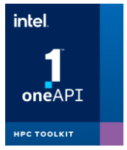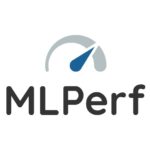London, 27 March 2024: Oriole Networks – a startup using light to train LLMs faster with less power – has raised £10 million in seed funding to improve AI performance and adoption, and solve AI’s energy problem. The round, which the company said is one of the UK’s largest seed raises in recent years, was co-led […]
Los Alamos Claims Quantum Machine Learning Breakthrough: Training with Small Amounts of Data
Researchers at Los Alamos National Laboratory today announced a quantum machine learning “proof” they say shows that training a quantum neural network requires only a small amount of data, “(upending) previous assumptions stemming from classical computing’s huge appetite for data in machine learning, or artificial intelligence.” The lab said the theorem has direct applications, including […]
MLPerf: Latest Results Highlight ‘More Capable ML Training’
Open engineering consortium MLCommons has released new results from MLPerf Training v2.0, which measures how fast various platforms train machine learning models. The organizations said the latest MLPerf Training results “demonstrate broad industry participation and up to 1.8X greater performance ultimately paving the way for more capable intelligent systems….” As it has done with previous […]
Azure Adopts AMD Instinct MI200 GPU for Large-Scale AI Training
SANTA CLARA, Calif. May 26, 2022 — Microsoft has announced the use of AMD Instinct MI200 GPU accelerators for large-scale AI training workloads. Microsoft also announced it is working with the PyTorch Core team and AMD data center software team to optimize the performance and developer experience for customers running PyTorch on Microsoft Azure. AMD […]
Rice Univ. Researchers Claim 15x AI Model Training Speed-up Using CPUs
Reports are circulating in AI circles that researchers from Rice University claim a breakthrough in AI model training acceleration – without using accelerators. Running AI software on commodity x86 CPUs, the Rice computer science team say neural networks can be trained 15x faster than platforms utilizing GPUs. If valid, the new approach would be a double boon for organizations implementing AI strategies: faster model training using less costly microprocessors.









